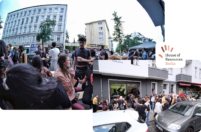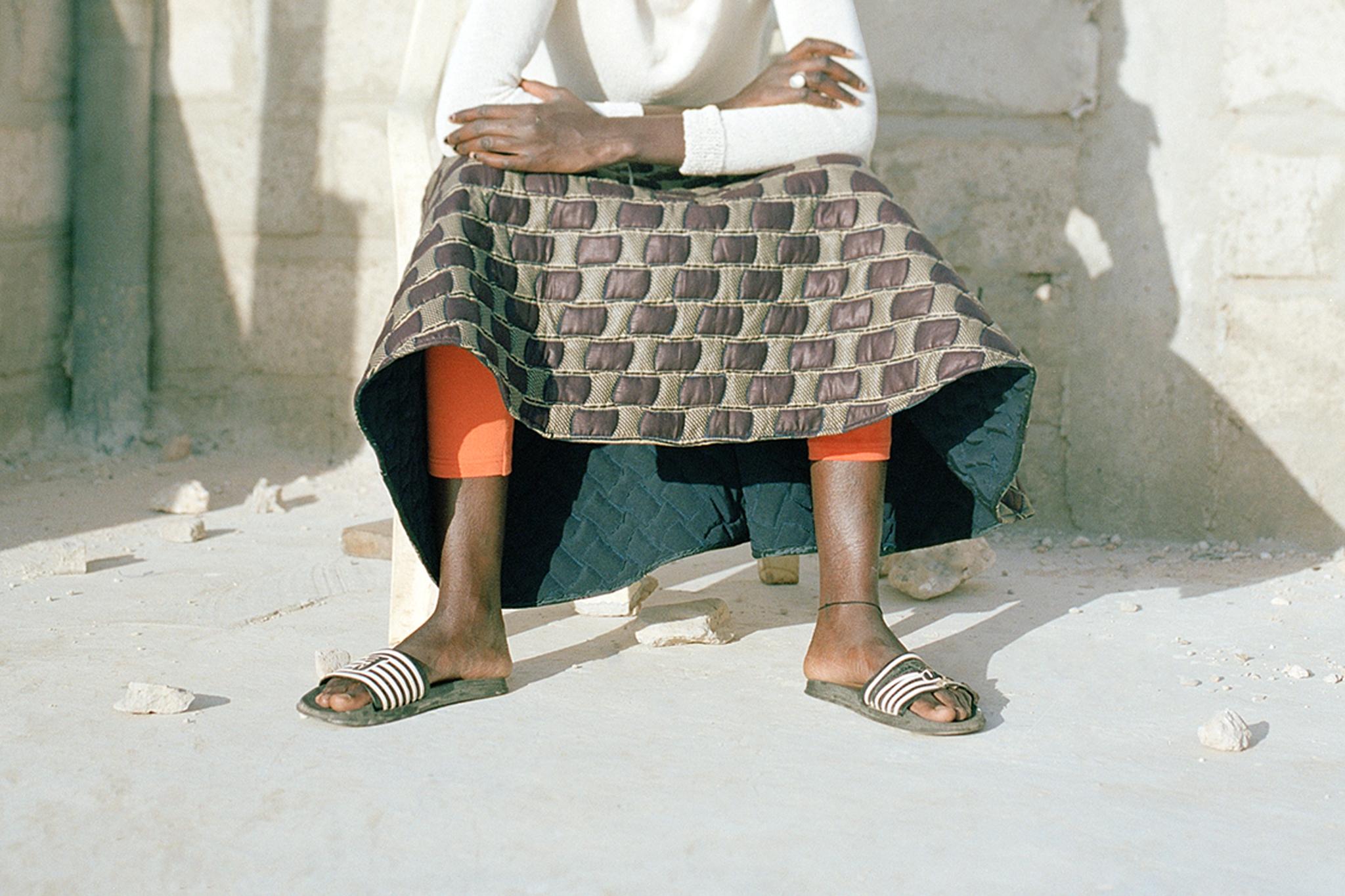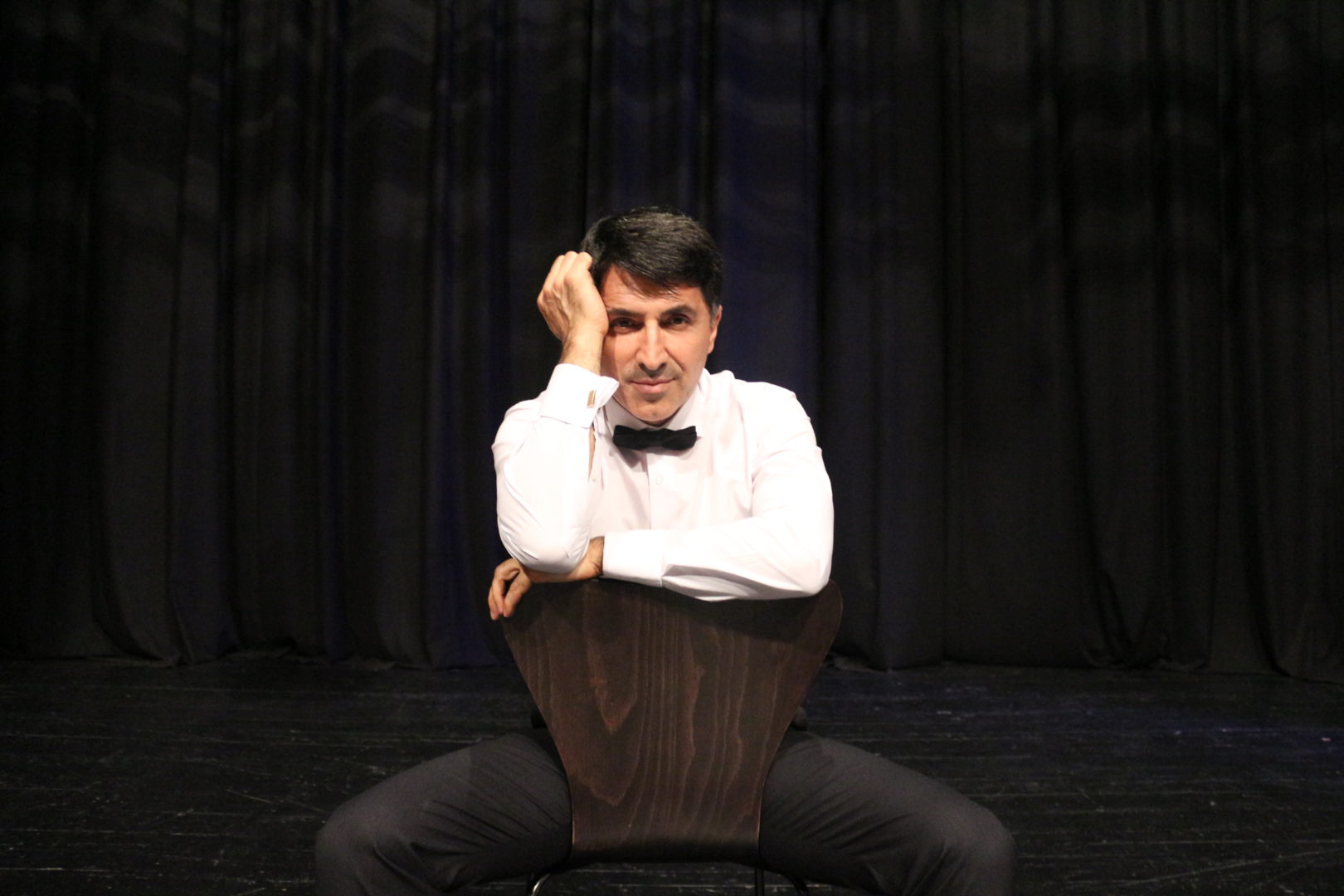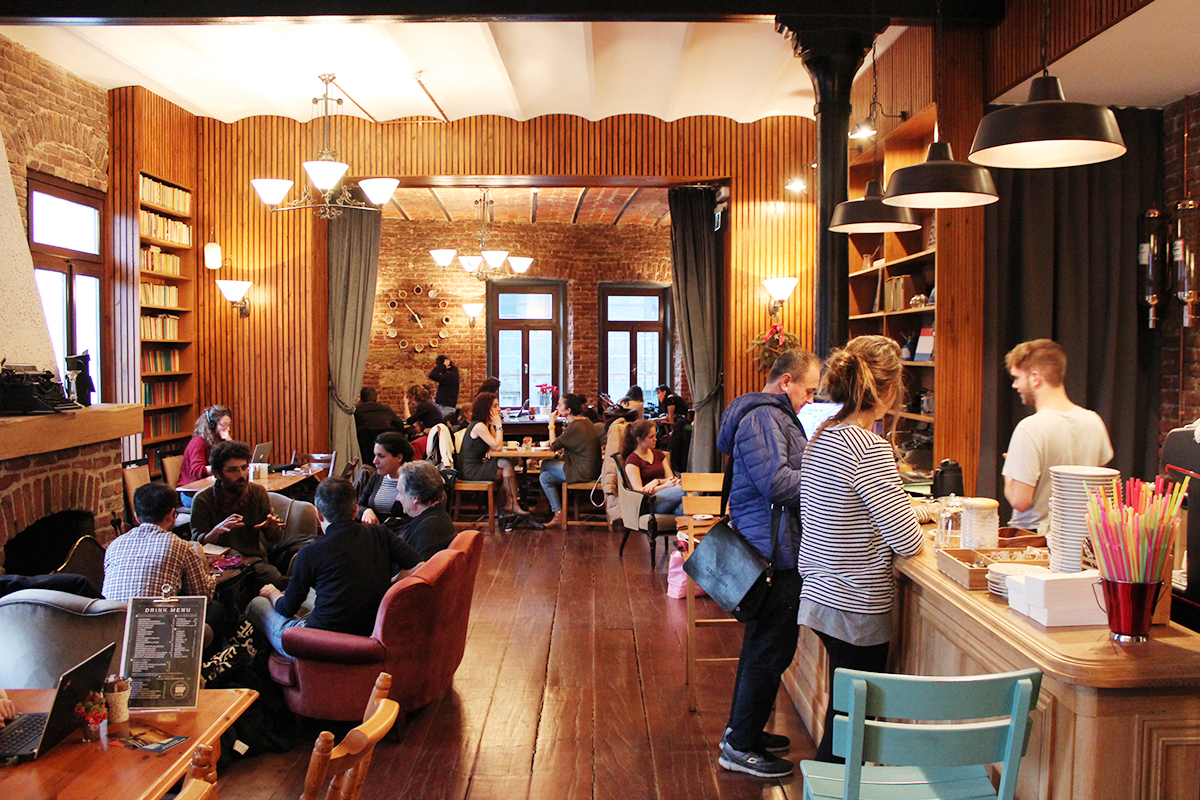Gerrit Wustmann is just one of the many people who have fallen for the charm of Istanbul. But there are very few people who can describe the city’s magic as beautifully as he can.
As a poet, Gerrit has been working on a multi-volume cycle of poems about Istanbul for several years. Following the first volume Beyoğlu Blues (2011), the second volume entitled Istanbul Bootleg (2013) has now been released by Binooki publishers in Turkish and German, including an audio CD.
If you get to see Gerrit Wustmann live at a reading, you’ll realize straight away: This isn’t just an Istanbul-lover, he’s a real expert. Someone who is passionately devoted to the city. You’ll appreciate him as someone who is not just a writer of poetry and prose, but also understands the music and painting, and even the archeology of Istanbul. Immediately, almost familiar sounds gently resonate beneath the lines of his poems: the call of the muezzins and the noise of the Bosphorus. If you close your eyes, tulips, ornaments, even the stray cats all come to life. Gerrit doesn’t just guide his listeners through the city, he totally submerges them in it and manages to conjure up a sense of all the places in this metropolis where time seems to stand still.
We realize just how much history he rekindles with his poetry. History which was on the verge of turning to dust. He is obviously captivated by Istanbul and we are delighted to meet him.
Gerrit Wustmann was born in Cologne in 1982 and works as a correspondent and editor both in print and online. As a poet, he lives and loves Cologne and enjoys the small but open-minded poetry scene there. He studied History, Theology, Political Science and Oriental Studies in Cologne and Bonn. His fascination for the Orient, both politically and culturally, finally took him on an inevitable holiday to Istanbul. Three and a half years ago, he visited a friend and fell in love with the city.
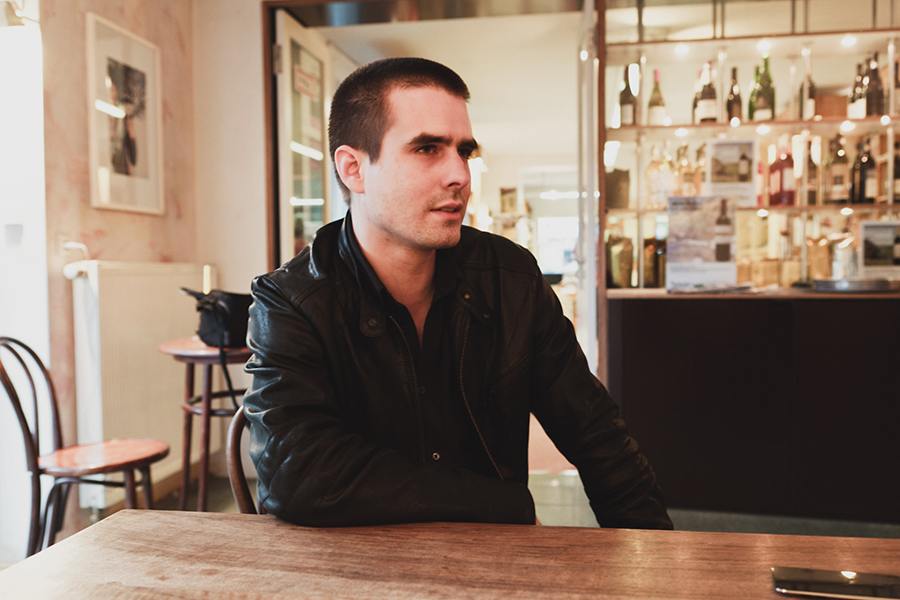
How important is the Orient for your poetry?
As a whole, I’m interested in anything to do with the Orient and read a lot of classical and modern oriental poetry and prose, which I find to be very multifaceted. In my Istanbul poems, I sometimes use a technique in which I incorporate quotes from other poets who have written about Istanbul into my work. I’ll read a text like, say, Sait Faik’s poem about the Galata Bridge, then I’ll go there and soak up the here and now, but at the same time I’ll be comparing the experience with the impressions I gained from reading. These different levels then flow into my work.
Doesn’t that mean that you can never simply perceive things as they are?
Actually, I‘m a real fan of the naive view; to simply arrive somewhere and be able to let impressions come to me with an open mind. The next step is to try and grasp the whole. I like to catch the mood and try to convey this. But I’m also interested in the background: what went on before, what is happening today? That’s very exciting in an historic place like Istanbul and I try to include it in my poems if I can.
Do you take notes straight away if you notice something special?
I never take notes! I also never take a sketchpad with me. I think: If the idea is still there after a couple of days, then it is good and I’ll do something with it! If the idea is gone the next morning, then it was no good in the first place. Sometimes I write spontaneously. It is not unusual for me to experience something during the day and then spend the whole night writing about it. But usually, I put the texts away for quite a while and have another look a few months later. The element of distance becomes a factor. I take away the immediacy and add reflection.
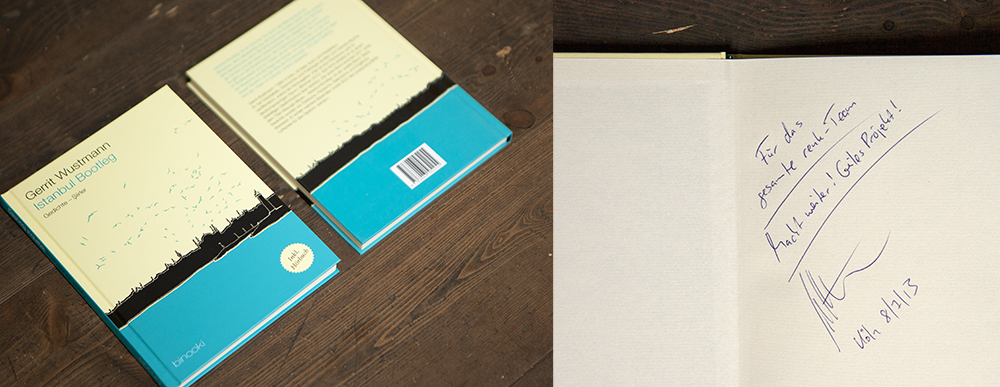
What made you choose the literary form of poetry?
What really fascinates me about poetry as a literary form is that it is the shortest and most succinct form there is. You are trying to express a maximum in a minimum space and trying to do something new with language and content. Sometimes it works…
Is it possible to question the moods in the poems?
You can question anything. In fact, we should question everything. I don’t believe in a school-like understanding of poetry where there is only one possible interpretation which is right. That’s rubbish. Quite apart from the fact that not even a specialist for literature or language can even come close to what an author was really thinking. Of course, you have a possible approach if you know the places and the historical background. That is why questions are so exciting. For me personally, the most interesting moment is when people come to me after a reading and their opinions give me a new perspective on my poems.
Credits
Interview: Fatma Doğan
Text: Saliha Kubilay
Photos: Mirko Müller
